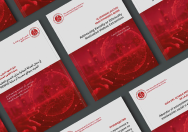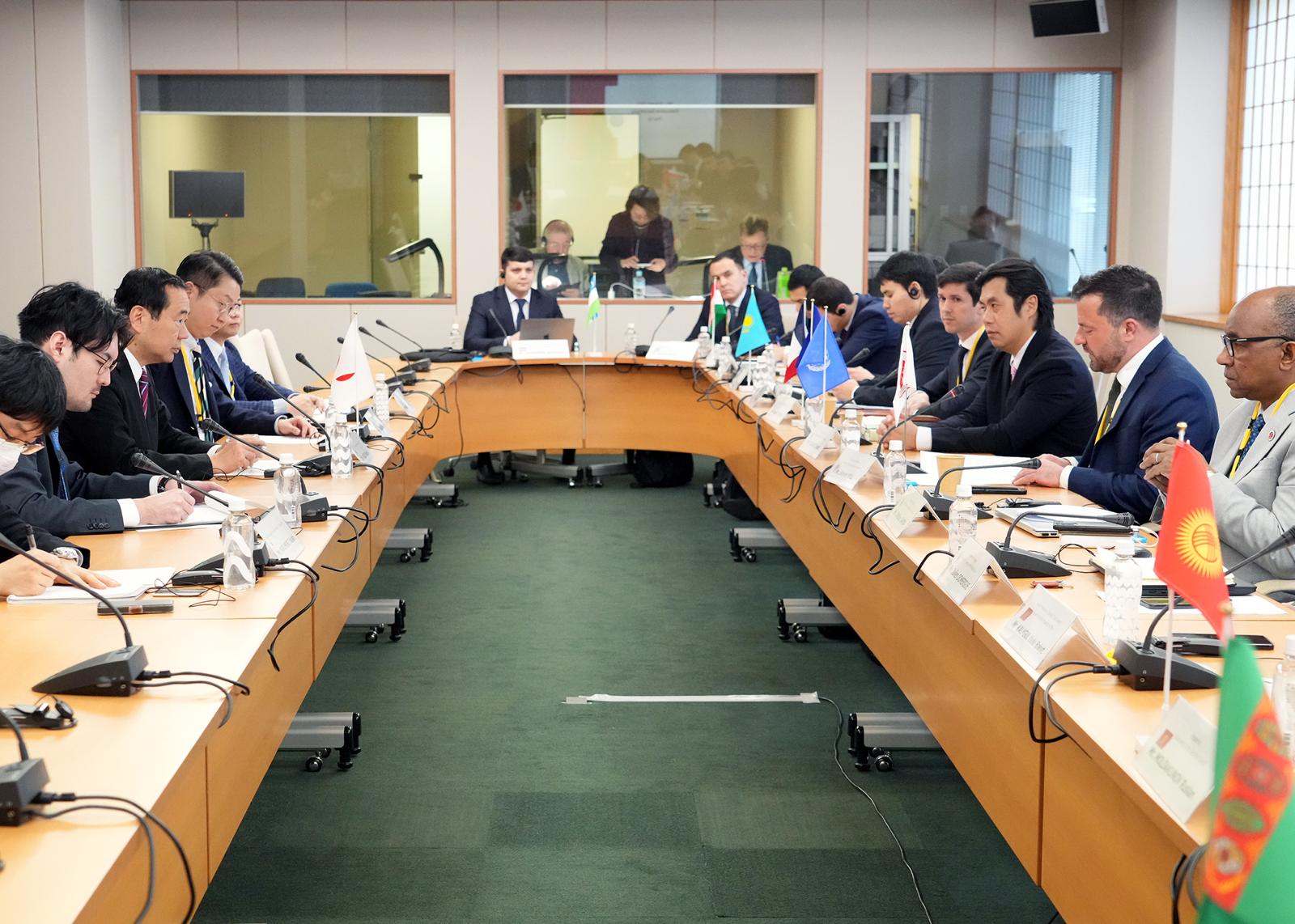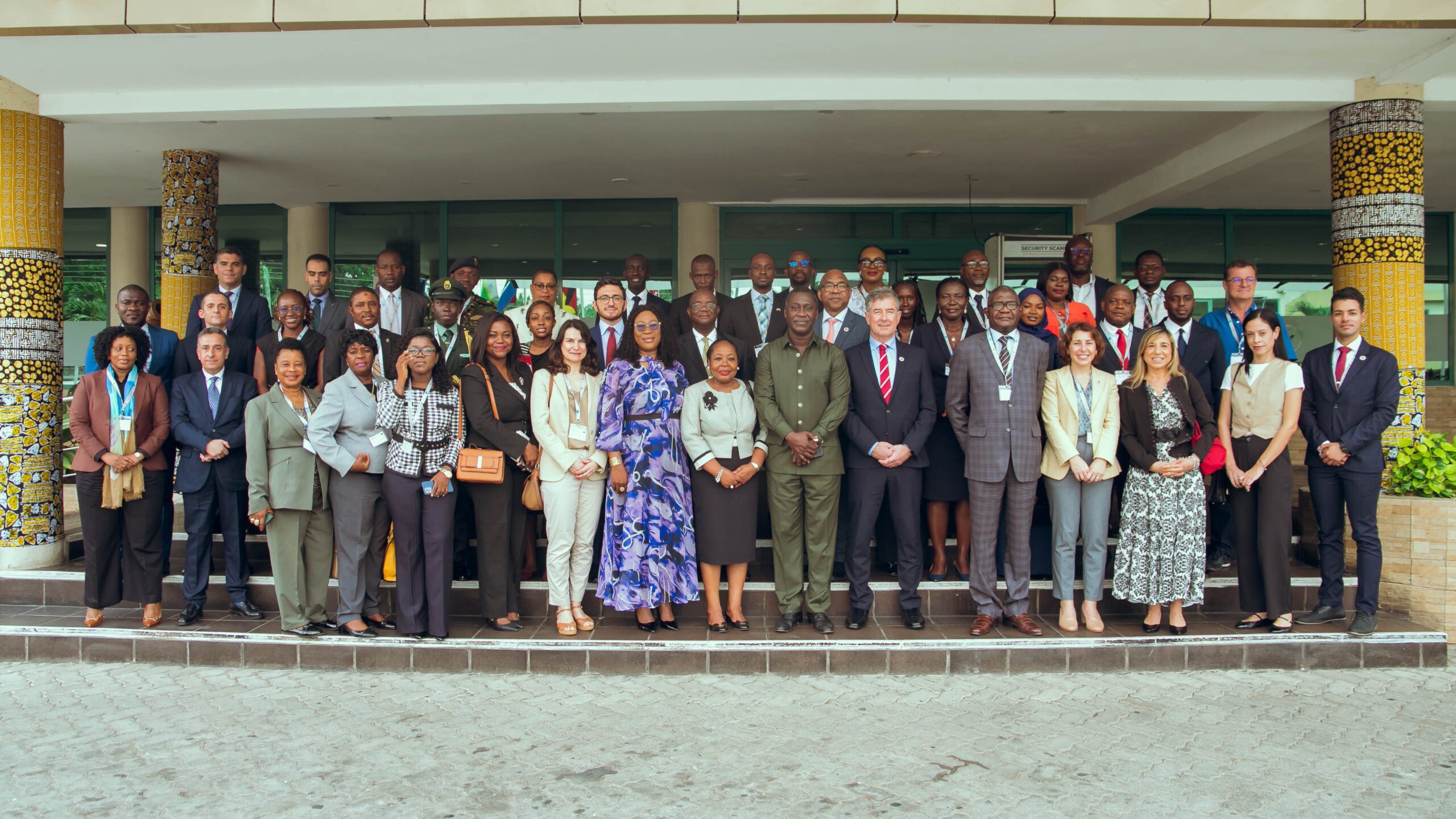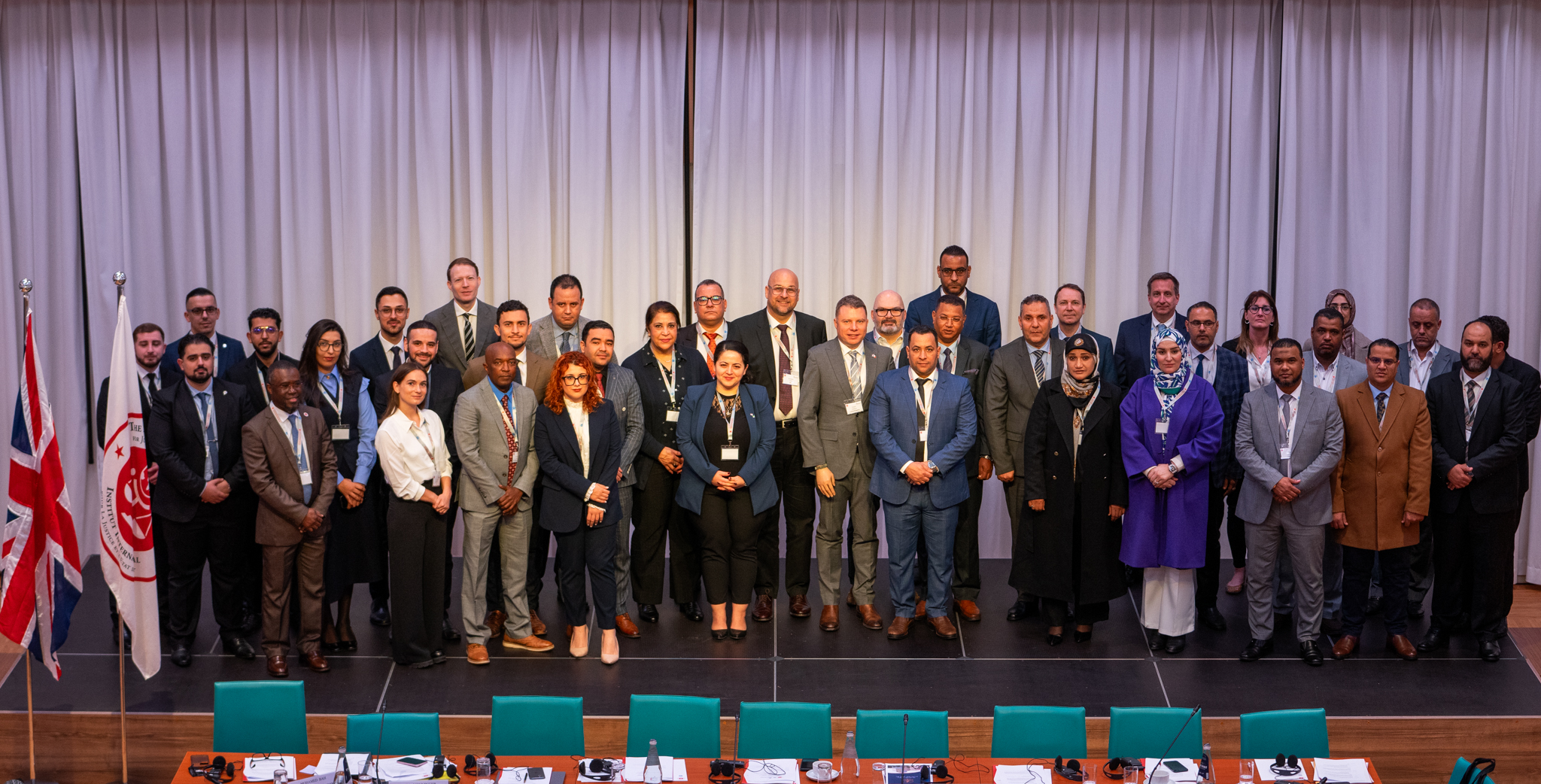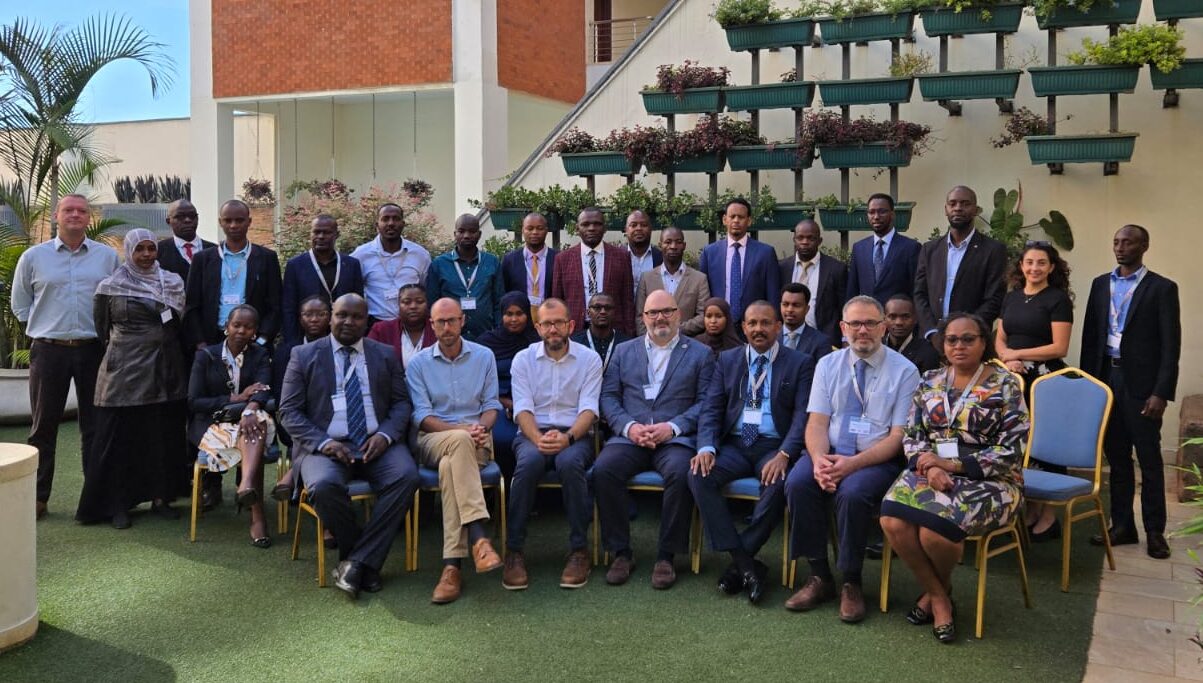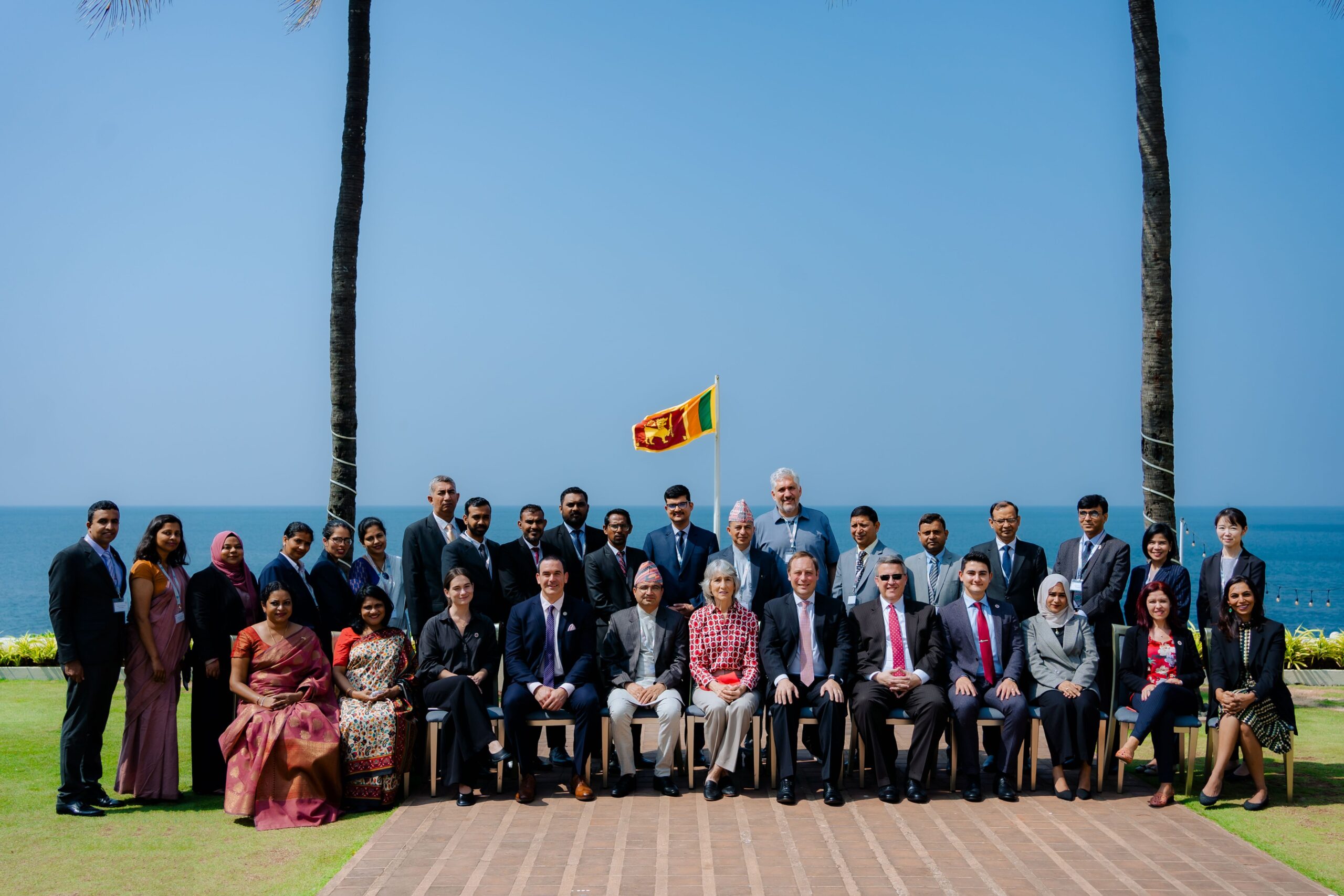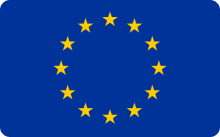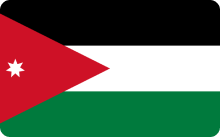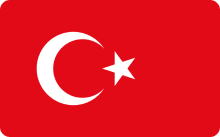The International Institute for Justice and the Rule of Law
See recent eventsThe IIJ is proud to formalise our longstanding collaboration with the Arab Interior Ministers Council (AIMC) through a newly signed Memorandum of Understanding! AIMC has been a vital partner in advancing IIJ initiatives in the Arab world, and this agreement paves the way for even… pic.twitter.com/MeTZVr3i3i
— The IIJ (@iijmalta) February 27, 2025
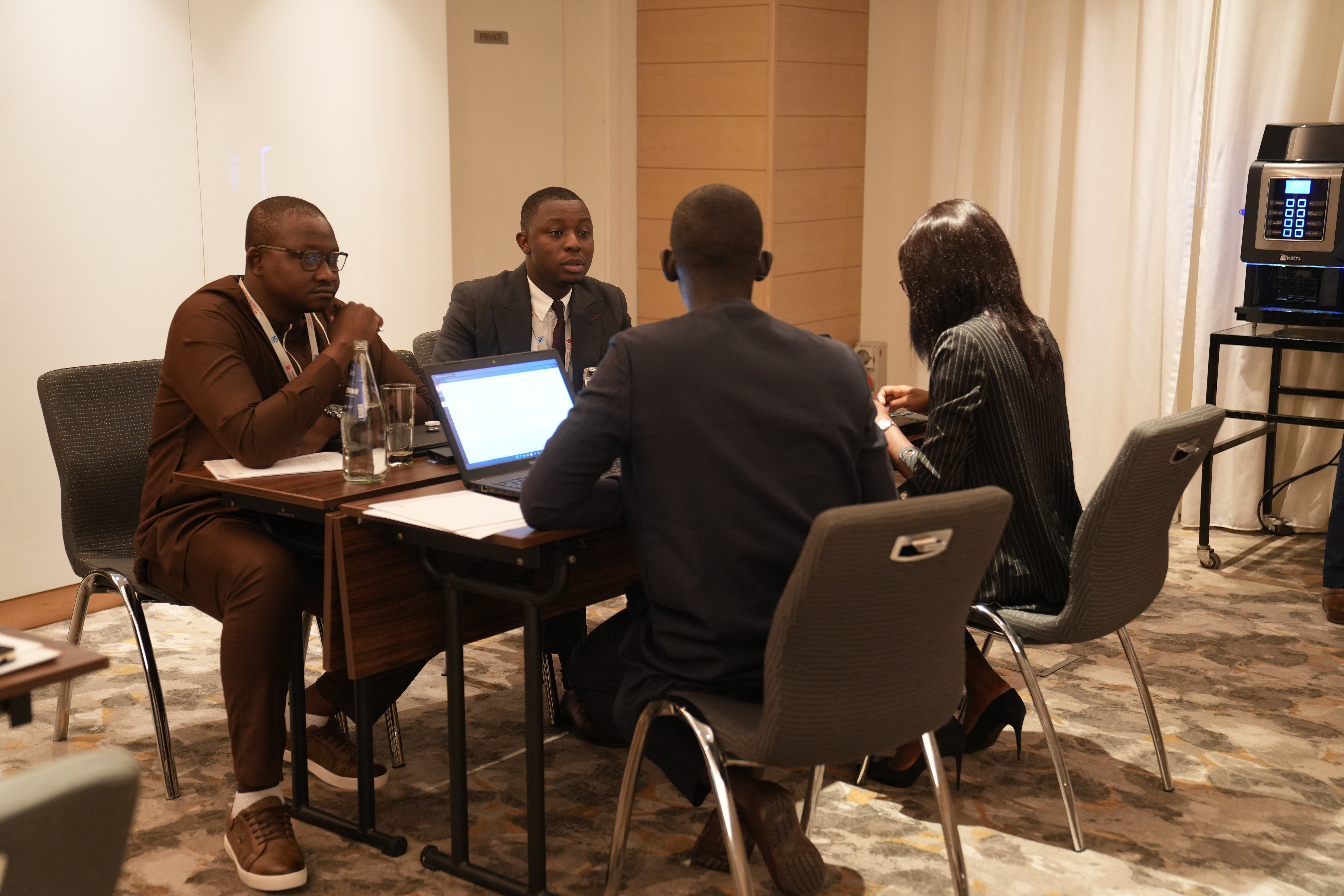
Mission
Our Mission is to enhance and strengthen the competencies of criminal justice practitioners and other stakeholders to address terrorism and related transnational criminal activities within a rule of law framework, and to promote cooperation and information exchange on a national, regional and international basis.
Vision
Our Vision is for the IIJ to be an international hub, enhancing the capacity of justice practitioners to counter terrorism and transnational crime while upholding human rights and the rule of law.
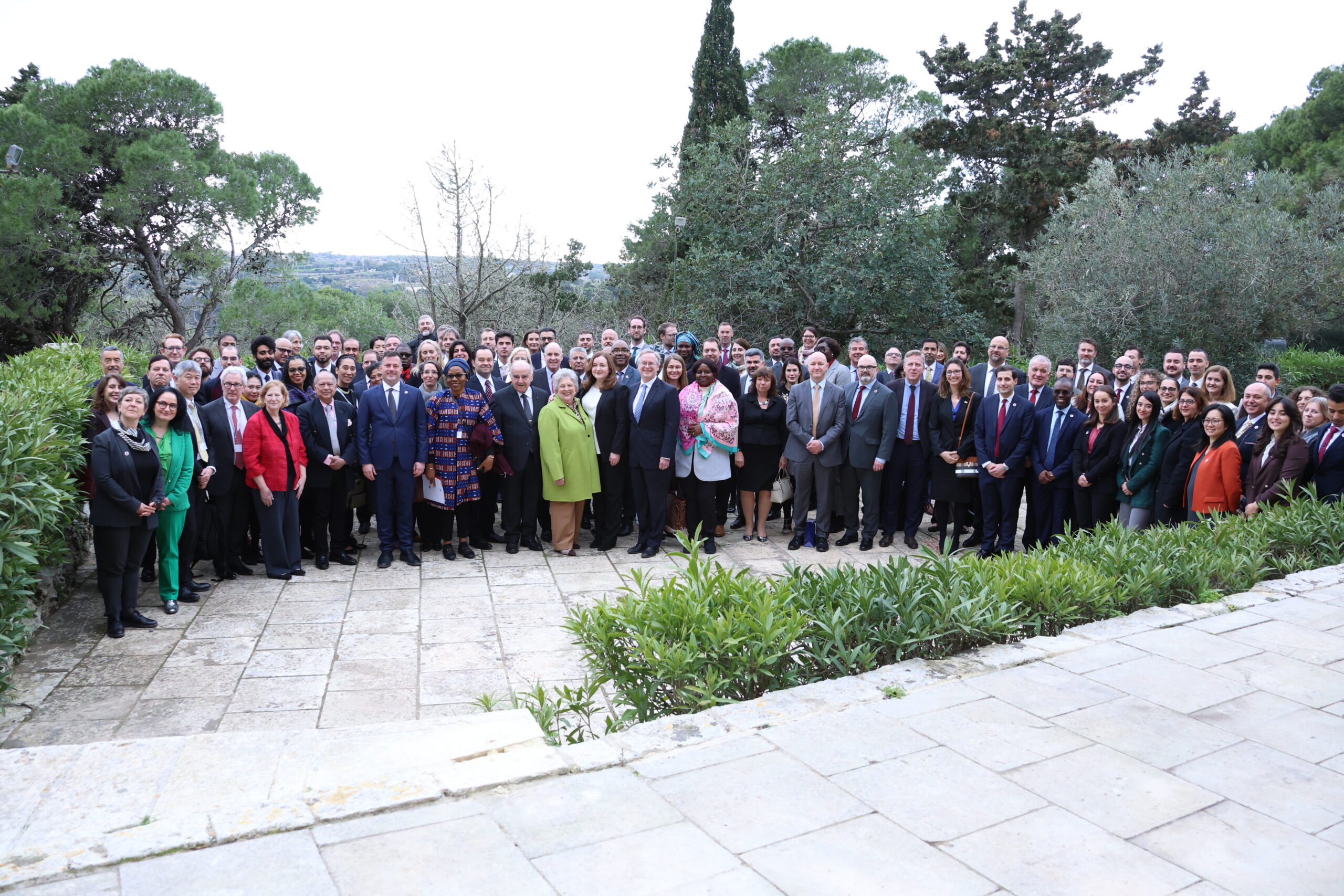
Our Work
Read news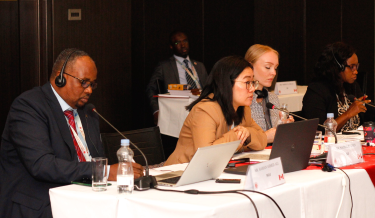
Programmes

Academic Courses
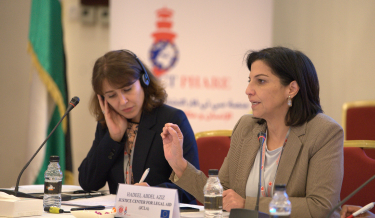
CT-PHARE
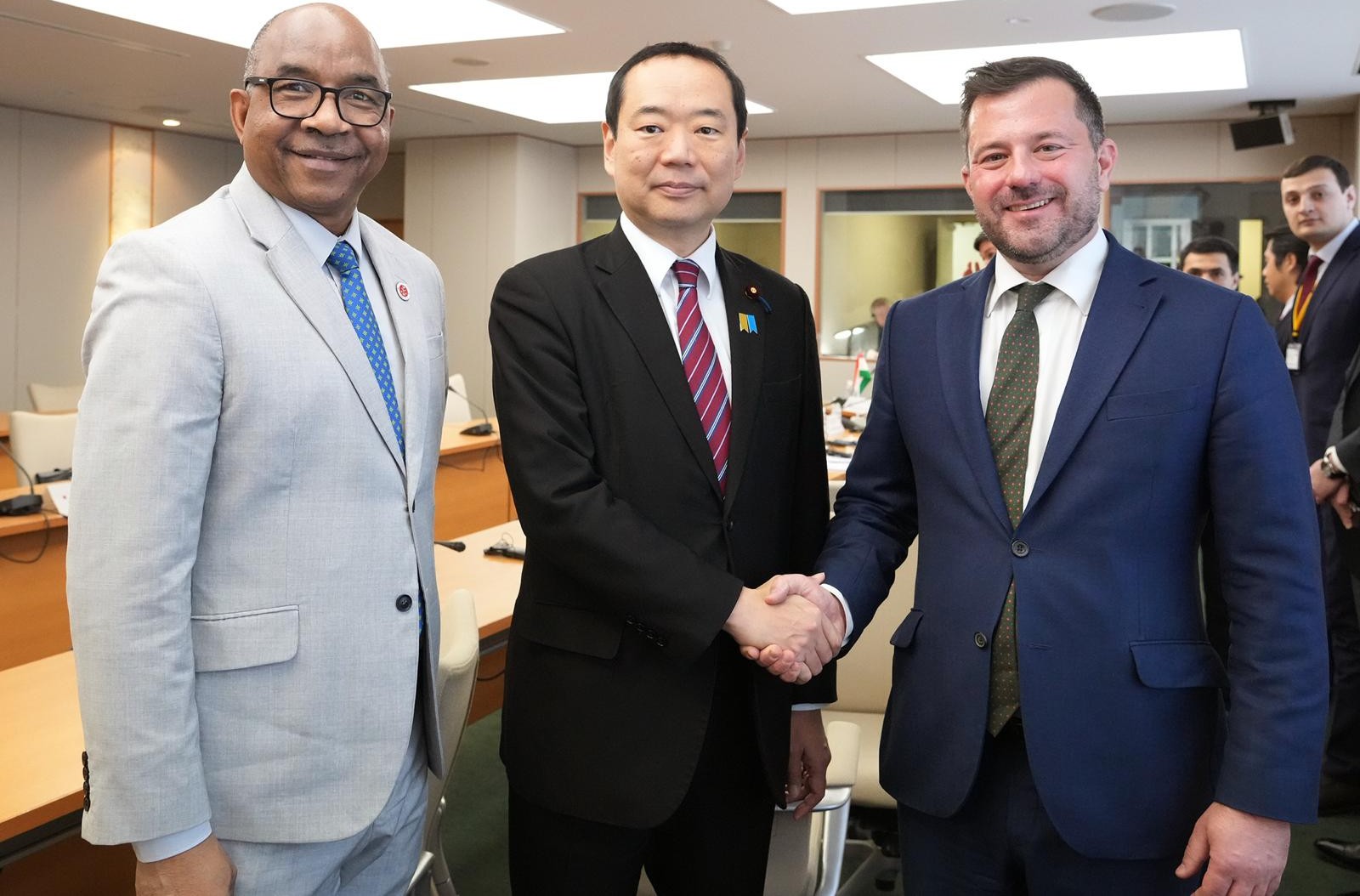
Outreach
Recent Events
View Latest Events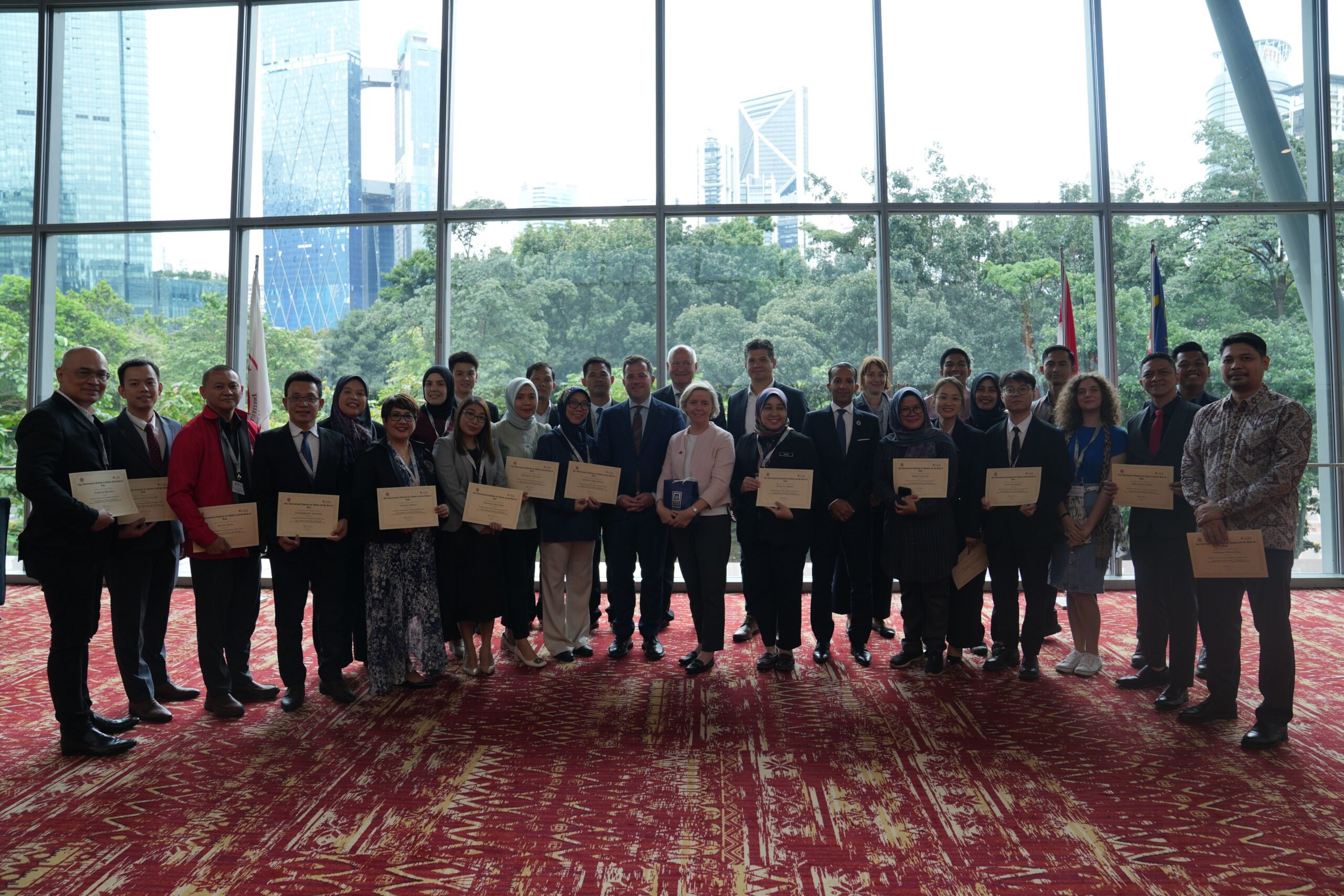
Financial Counter Terrorism Academic Curriculum (FIN CTAC)
From 9 to 13 December, the in-person component of the Financial Counter Terrorism Academic Curriculum (FIN CTAC) course was held in Kuala Lumpur, uniting 22 practitioners (Prosecutors, investigators, and FIU officials) who had successfully completed the…

eCTAC for Anglophone Practitioners from East and West Africa
Between 23 October and 2 December 2024, the IIJ Academic Unit delivered the third edition of the online ‘Counter Terrorism Academic Curriculum (eCTAC) for Anglophone Practitioners from East and West Africa’. The intensive, online course develops…
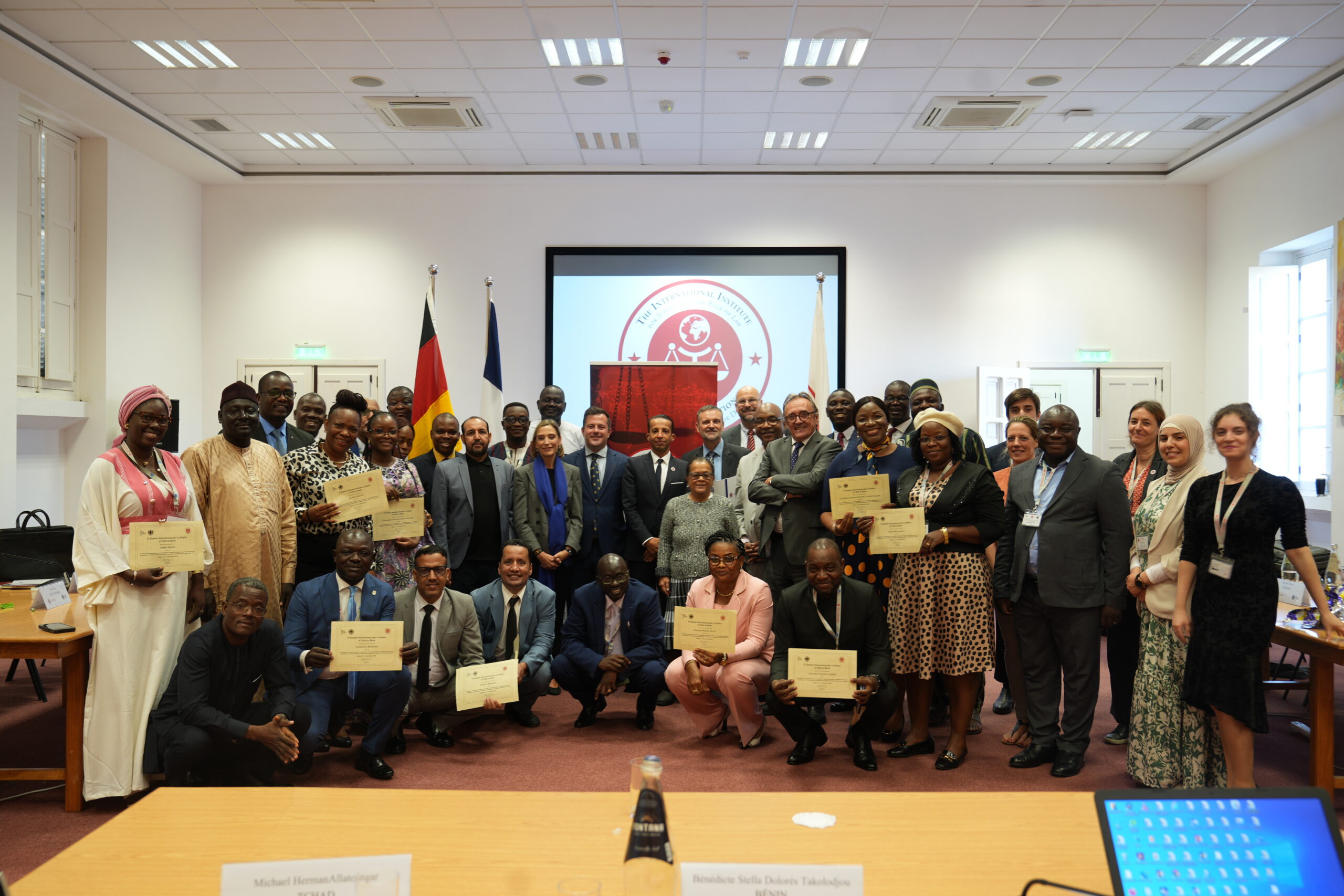
Trial Judges’ Counter-Terrorism Academic Curriculum course (TJ CTAC) in Malta
On 22 November 2024, the IIJ concluded its Trial Judges’ Counter-Terrorism Academic Curriculum course (TJ CTAC) held in Malta. This one-week, in-person course followed the successful completion of the online component attended by participants between September…
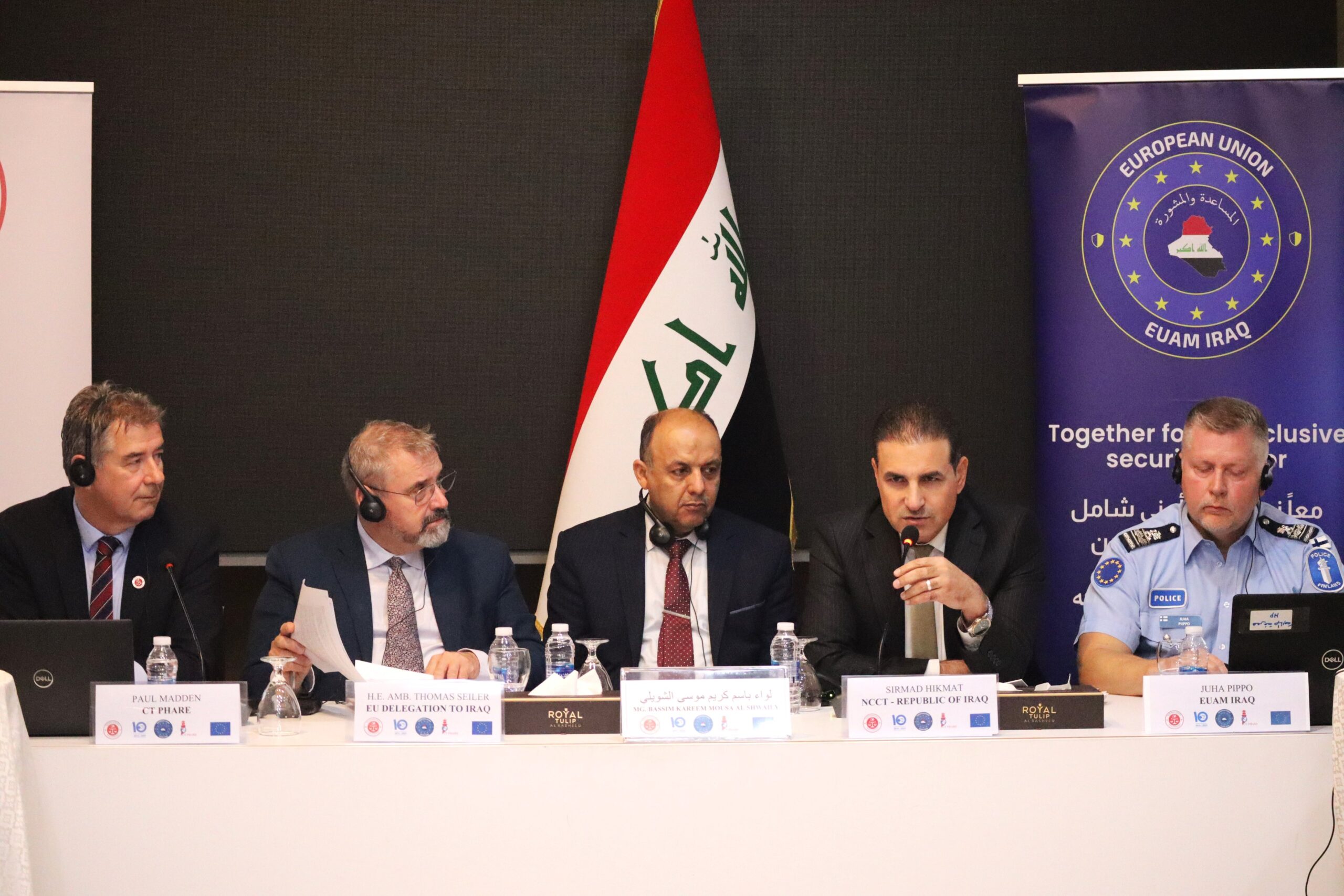
Strengthening Dialogue between Iraqi Government Authorities and Human Rights Stakeholders
From 03 to 05 December 2024, the IIJ EU funded CT PHARE facility visited Baghdad, Iraq, for a three-day capacity-building activity focused on “Strengthening Dialogue Between Iraqi Government Authorities and Human Rights Stakeholders while countering terrorism.”…
Governing Board of Administrators
Partners
Explore Our Partners
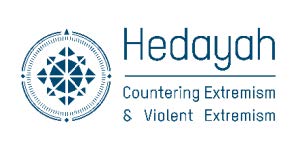













Other publications

